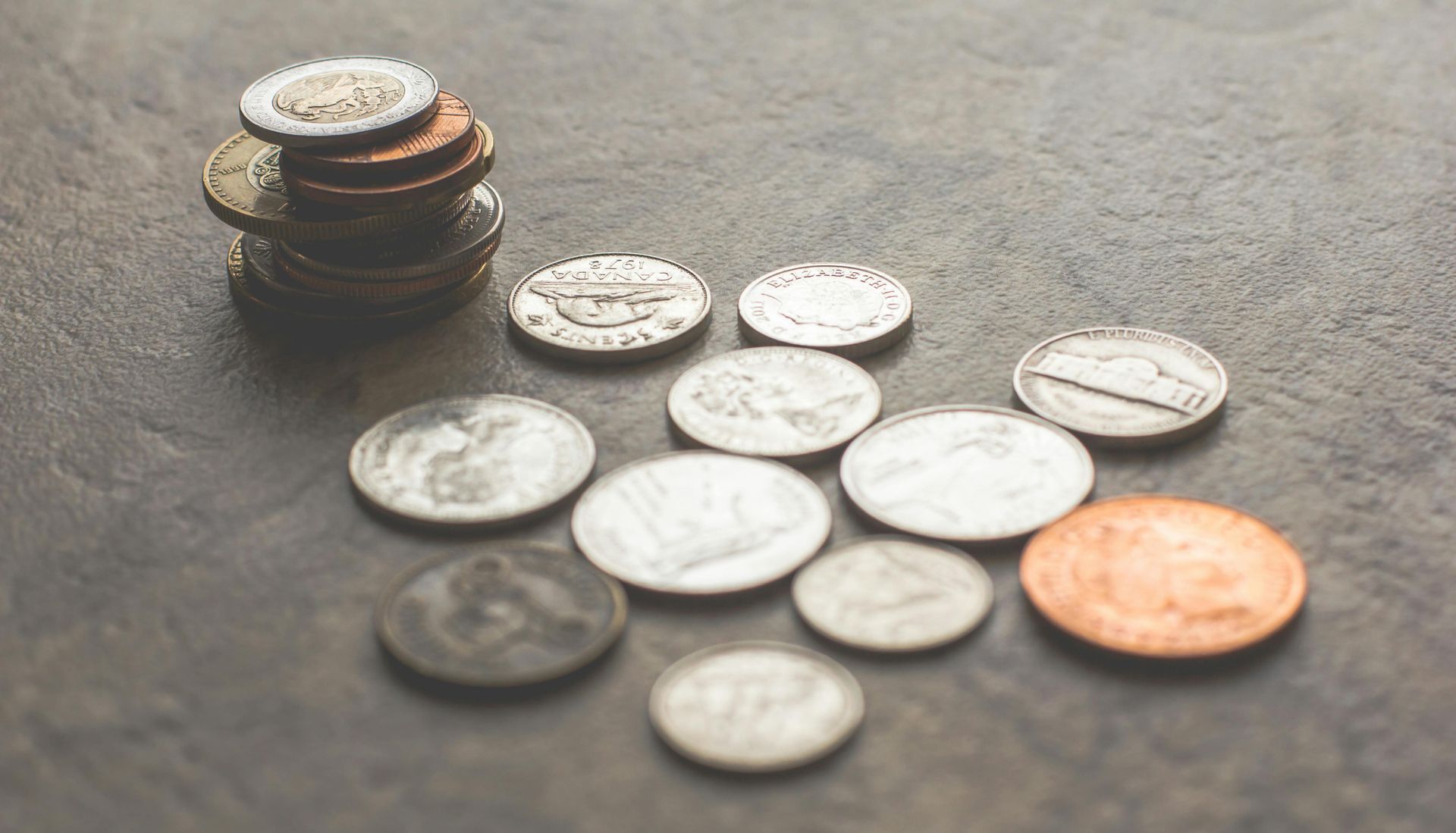Can I Keep My Car If I File for Chapter 7 Bankruptcy in New Jersey?
Can I Keep My Car If I File for Chapter 7 Bankruptcy in New Jersey?
Ways to Keep Your Car in Chapter 7 Bankruptcy
- Using Exemptions
- New Jersey allows you to use federal or state bankruptcy exemptions. The federal vehicle exemption currently allows up to $4,450 in car equity to be protected. If your car’s equity (its value minus any outstanding loan balance) falls within this limit, you can likely keep it.
- Reaffirming the Loan
- If you’re financing your car, you can sign a reaffirmation agreement with your lender. This agreement lets you continue making payments and keep the car.
- Redeeming the Vehicle
- You may "redeem" your car by paying its current market value in a lump sum. This is helpful if your loan balance exceeds the car's value.
- No Equity or Fully Exempt
- If your car has no equity or its value is fully covered by exemptions, it will likely not be affected by the bankruptcy process.
When Might You Lose Your Car?
- If the car’s equity exceeds exemption limits and you can’t cover the difference, the bankruptcy trustee may sell it to pay creditors.
- If you’re behind on payments and can’t work out a reaffirmation or redemption, the lender may repossess the vehicle.
How Carroll Law Firm, P.C. Can Help
- Analyze your financial situation to determine the best strategy for keeping your car.
- Help you understand and maximize exemptions.
- Guide you through reaffirmation or redemption agreements.
Contact Us Today
Filing for Chapter 7 bankruptcy doesn’t have to mean losing your car. Contact Carroll Law Firm, P.C. for expert legal assistance, and let us help you navigate the bankruptcy process while protecting your assets and peace of mind.









